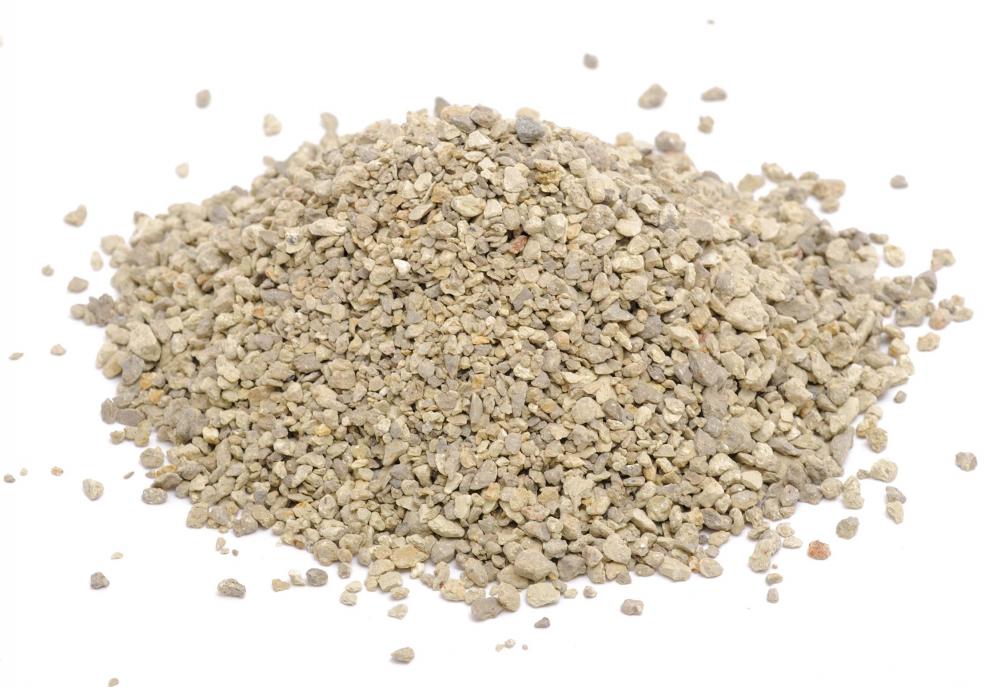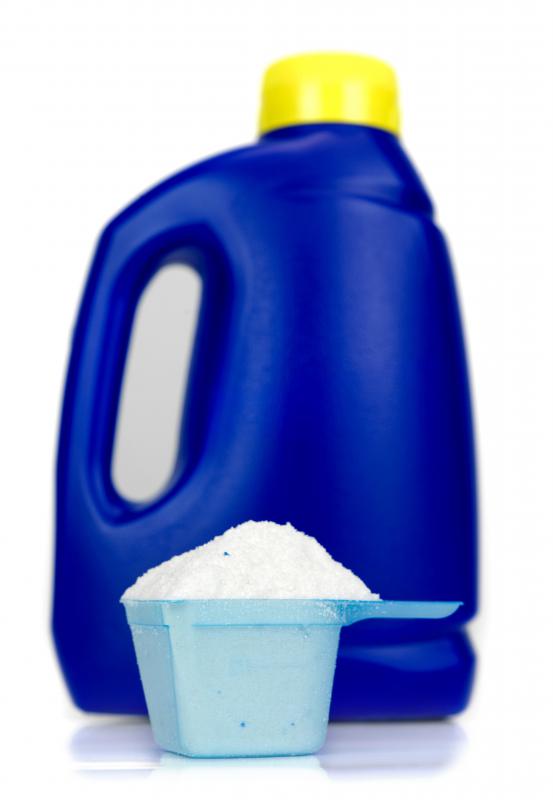At WiseGEEK, we're committed to delivering accurate, trustworthy information. Our expert-authored content is rigorously fact-checked and sourced from credible authorities. Discover how we uphold the highest standards in providing you with reliable knowledge.
What are Zeolites?
Zeolites are man-made and naturally-occurring minerals that feature a number of pores, making them a perfect material for absorption. As an aluminosilicate, zeolites are made of a combination of aluminum, oxygen and silicon. The pores in the minerals are microscopic, making them prime candidates for absorbing small molecules of dangerous substances or liquids. At least 40 natural examples of the minerals exist around the world, with over 100 artificial versions having been synthesized in labs.
In nature, the minerals are created when volcanic ash and rock interact with a base such as alkaline liquids. Most commonly, this is seen under the ocean in marine environments with extinct volcanic activity from at least thousands of years ago. Mines throughout the world use a technique of blasting and stripping to extract the ore. However, the ore is generally contaminated by other elements such as metals and crystals. This means that natural zeolites must be isolated through an intense process of crushing and forming into pellets.

The majority of zeolites are mined in Asia, Australia and Europe; however, about one percent of the world's supply comes from the Western United States. This has created a need for artificial production. Unfortunately, the process to create the minerals is slow, due to the need to crystallize gels made from silicon and aluminum with oxygen. A number of features in the process need to be completely accurate to create the material, including temperature and pH level. Artificial zeolites, unlike their natural counterparts, have the benefit, however, of being completely pure upon creation.

A number of different industries use the minerals to filter and absorb unwanted substances. One of the most important uses is in the nuclear industry, which uses the minerals to process spent nuclear material by absorbing rogue ions. Laundry detergent is the largest user of zeolites, accounting for over a quarter of all material mined or produced. The medical field uses the minerals in a variety of capacities for filtration and, most recently, to quickly clot wounds with the product QuikClot™, used by soldiers in the U.S. military. Enhanced zeolites are also found in the filtration systems for aquariums and in cat litter, providing a great way to maintain the pH balance and absorb waste.
Natural zeolites were identified in 1756 by Axel Cronstedt, a Swedish mineralogist. He noticed that when the material was heated, steam was produced from water that had been previously absorbed. Cronstedt named the mineral after the Greek words for “boiled stone.”
AS FEATURED ON:
AS FEATURED ON:












Discussion Comments
@allenJo - Yeah, I’ve heard that chelation therapy is supposed to rid your body of metals, especially if you have metal fillings in your teeth or mercury in your blood stream through contaminated tuna. I don’t know if zeolites are used in that kind of therapy, but I wouldn’t be surprised, based on your experience.
I haven’t tried any of those treatments myself, so I can’t say one way or another whether it works. I prefer the all natural approach, however; an all day fast once or twice a month just to rid my body of junk and give my digestive system a break.
I believe that the filtering properties of zeolites have made them hot commodities in the field of alternative medicine.
Years ago I went through a detoxification program. The practitioner sold me a bunch of powdery stuff to make into liquid form, in addition to putting me on a two week, mostly vegetarian diet.
He mentioned activated zeolites in the powdery stuff (I had no idea what he was talking about at the time) and said that it would help to rid my body of metals and toxins and stuff.
All I can I say is that the detoxification worked. I don’t know if it was the diet, the powder or both. My mind felt clear and I had energy that I hadn’t experienced in years.
I have since then wanted to do another detoxification program, but I didn’t want to buy the powder because it wasn’t cheap. However, after reading this article, maybe it’s worth it.
Post your comments